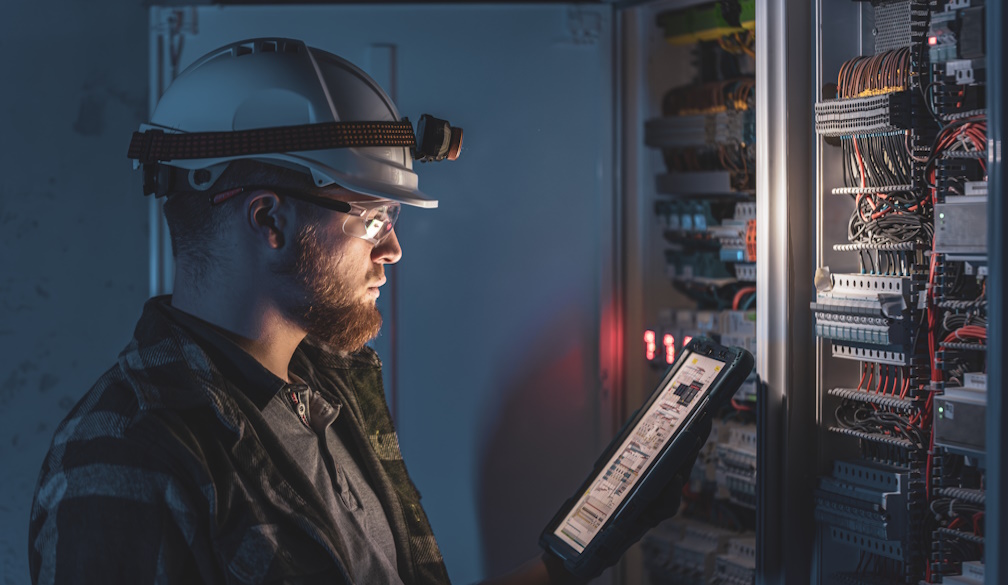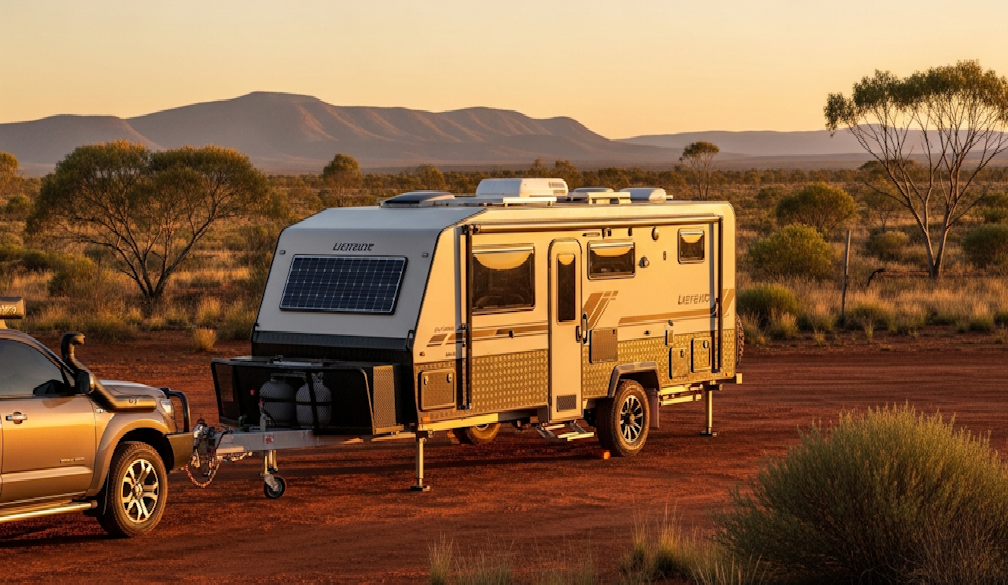Packing a Life Into a Truck: What Interstate Moves Teach Us About Minimalism

There's something uniquely confronting about staring at your entire life spread across boxes and wondering how it will all fit into a single truck. Interstate moves have a way of forcing us into an unexpected relationship with our possessions, stripping away the luxury of "keeping everything just in case." When you're faced with the reality of transporting your belongings across state lines, every item suddenly requires justification for its place in your new life.
The process reveals truths about our relationship with material goods that we might otherwise never confront. Unlike local moves where you can make multiple trips or store items temporarily at a friend's place, interstate relocations demand decisive action. Each possession must earn its keep, measured against the cost of transport, the space it occupies, and its genuine value in your future home.
The Great Sorting: What Really Matters
The weeks leading up to an interstate move become an intensive course in practical minimalism. Room by room, drawer by drawer, you're forced to categorise your life into three distinct piles: essential, sentimental, and questionable. The essential items are easy to identify – your bed, clothes for different seasons, important documents, and perhaps that coffee machine you genuinely cannot function without.
The sentimental category proves more challenging. Photo albums, your grandmother's china, that concert poster from your university days – these items carry emotional weight that transcends their practical value. Interstate removalists often share stories of clients who take ages agonising over whether to pack a particular memento, understanding that some decisions feel permanent when you're moving thousands of kilometres away.
The questionable pile, however, is where the real learning happens. This is where you discover the books you bought but never read, the kitchen gadgets used once, the clothes that haven't fit properly for years but somehow remained in your wardrobe. The physical act of handling each item, considering its weight and volume against its utility, becomes a masterclass in mindful consumption.
Space as a Finite Resource
Interstate relocations teach us to view space as the precious commodity it truly is. When professional movers quote based on cubic metres rather than individual items, you begin to understand the real cost of excess. That bulky piece of furniture taking up valuable truck space suddenly seems less appealing when you realise it could be replaced for less than the transport cost.
This spatial awareness extends beyond the moving truck. Many people discover that their new interstate home offers an opportunity to redesign their living space with intentionality. Without the familiar corners and storage spaces of their previous home, they're forced to consider how each possession contributes to their daily life and overall wellbeing.
The constraint of limited truck space often leads to surprisingly liberating discoveries. Families report feeling lighter and more organised after an interstate move, having retained only the possessions that truly serve their lifestyle. The process naturally filters out the accumulated clutter that tends to build up over years of settled living.
The Economics of Attachment
Moving interstate provides a stark economic lesson in the true cost of our possessions. When faced with quotes from interstate removalists, the financial reality of attachment becomes clear. That dining room table inherited from a relative might hold sentimental value, but when transport costs approach the price of a replacement, practical considerations often win out.
This economic framework helps distinguish between genuine attachment and mere habit. Items we thought we couldn't live without suddenly seem replaceable when weighed against their transport cost and the freedom that comes with travelling light. The process often reveals how much mental energy we invest in maintaining and organising possessions that add little value to our daily experience.
The Psychological Weight of Possessions
Perhaps most surprisingly, interstate moves reveal the psychological burden that excess possessions can create. The relief many people feel after donating boxes of unused items suggests that our belongings can weigh on us in ways we don't fully recognise until they're gone.
The streamlined household that emerges post-move often feels more peaceful and manageable. With fewer possessions demanding attention, maintenance, and storage solutions, daily life becomes simpler. Cleaning takes less time, decisions about what to wear or use become easier, and the overall sense of control over one's environment increases.
Lessons for Life Beyond Moving
The discipline required for interstate relocations offers valuable insights that extend well beyond the moving process. The practice of regularly evaluating possessions against genuine need and joy can prevent the accumulation that makes future moves so overwhelming. Many people adopt post-move habits like the "one in, one out" rule or seasonal decluttering sessions, applying the lessons learned during their interstate journey to their ongoing relationship with material goods.
The experience also tends to shift purchasing decisions. Having gone through the process of questioning every possession, many people become more mindful consumers, asking themselves whether potential purchases will genuinely enhance their lives or simply add to future moving complications.
Interstate moves, challenging as they may be, offer unexpected gifts in the form of clarity about what we truly need and value. They transform the abstract concept of minimalism into a practical necessity, teaching lessons about intentional living that often prove more valuable than the possessions left behind. In packing a life into a truck, we often discover we needed far less space than we thought – and far more freedom than we knew we were missing.













